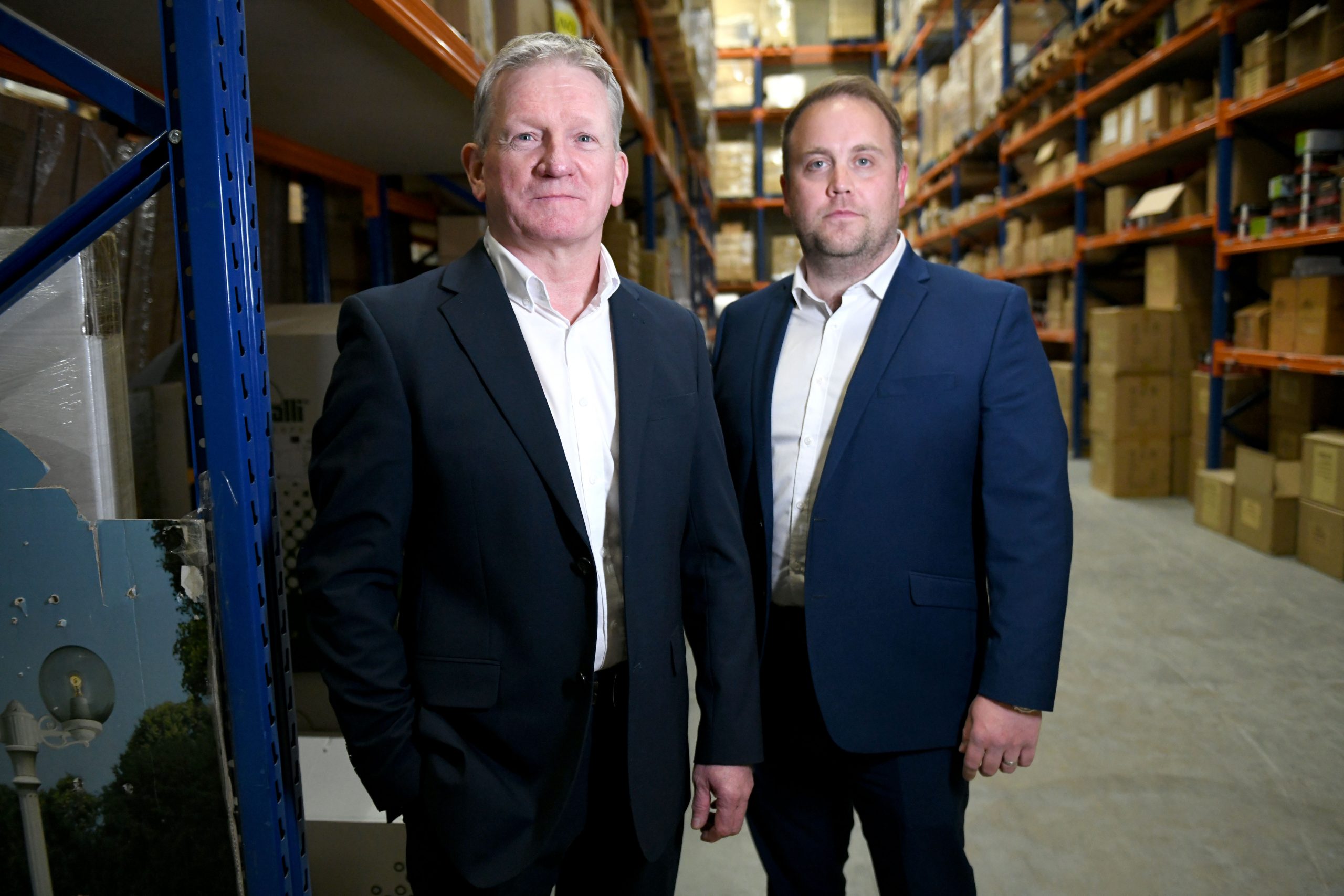When it comes to electricity usage, every business has three main questions: Where is the power coming from? That’s the supplier, the price it charges and the environmental impact of its electricity sourcing. What is the power used for? That’s the equipment and the controls installed on the premises. And how are this supply and hardware combining to deliver the best results for the business out of a given electricity bill? That’s the job of sensors and software ever more present in commercial buildings. If you’re in the electricity industry, answering just one of these questions increasingly falls short of…
Cancel at any time. Are you already a member? Log in here.
Want to read the full story?
Unlock this article – and everything else on The Currency – with an annual membership and receive a free Samsonite Upscape suitcase, retailing at €235, delivered to your door.

